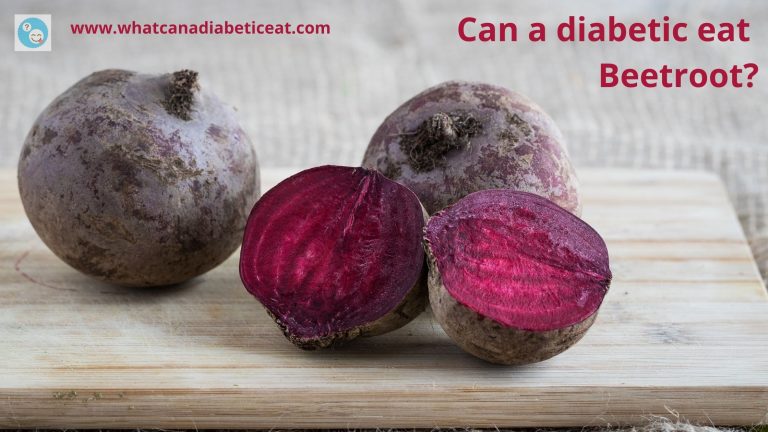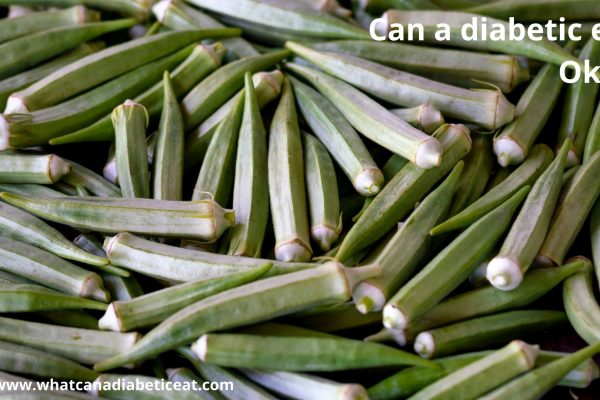Can a diabetic eat Beetroot?
Yes, a diabetic can eat beetroot as it helps lower diabetic complications risk. Beets are known to be versatile, colourful and delicious. Many chefs find it easy to include beets in many recipes. Beetroot can especially help prevent nerve damage and eye damage. Nerve damage and eye damage being common among diabetics. So, beetroot can be included in diabetic meal plan to reduce the risks around any damage to eyes or nerves.
Is beetroot high in sugar?
Beetroot has virtually no cholesterol or saturated fat. And yes, beets do have some sugar in them. For example, one cup raw beetroot contains about 13 gm carbohydrates of which 9.2 gm is sugar and 3.8 gm is dietary fibre. A cup of beetroot also contains about 2.2 gm protein which is great.
What are the benefits of eating beet?
Beetroots offer many health benefits to diabetics and others too. Packed with many essential vitamins, minerals and other nutrients, beetroot offers many health benefits for diabetics and others too. For example, beetroot is rich in dietary fibre, vitamin C, vitamin B9, manganese, potassium, iron etc. With such great nutrients in abundance, beetroot helps with blood flow, physical performance or exercise, high blood pressure or hypertension etc.
As beetroot is high in fibre, it digests slowly and can keep you full for longer. This helps regulate blood sugar levels and lose some weight too. Beetroot is high in water and low in calories and fat. All these factors support weight loss too. Beet juice is popular for shedding belly fat.
Beetroot is a great blood purifier and high in vitamin C. As beets purify your blood, your skin gets healthier and glows. Few studies have found that vitamin C improves skin health. Thus, many experts claim beetroot is great for skin and can even protect one from wrinkles and other signs of aging. Eating beets also helps clears skin blemishes and evens out skin tone thus, giving your skin a beautiful glow.





